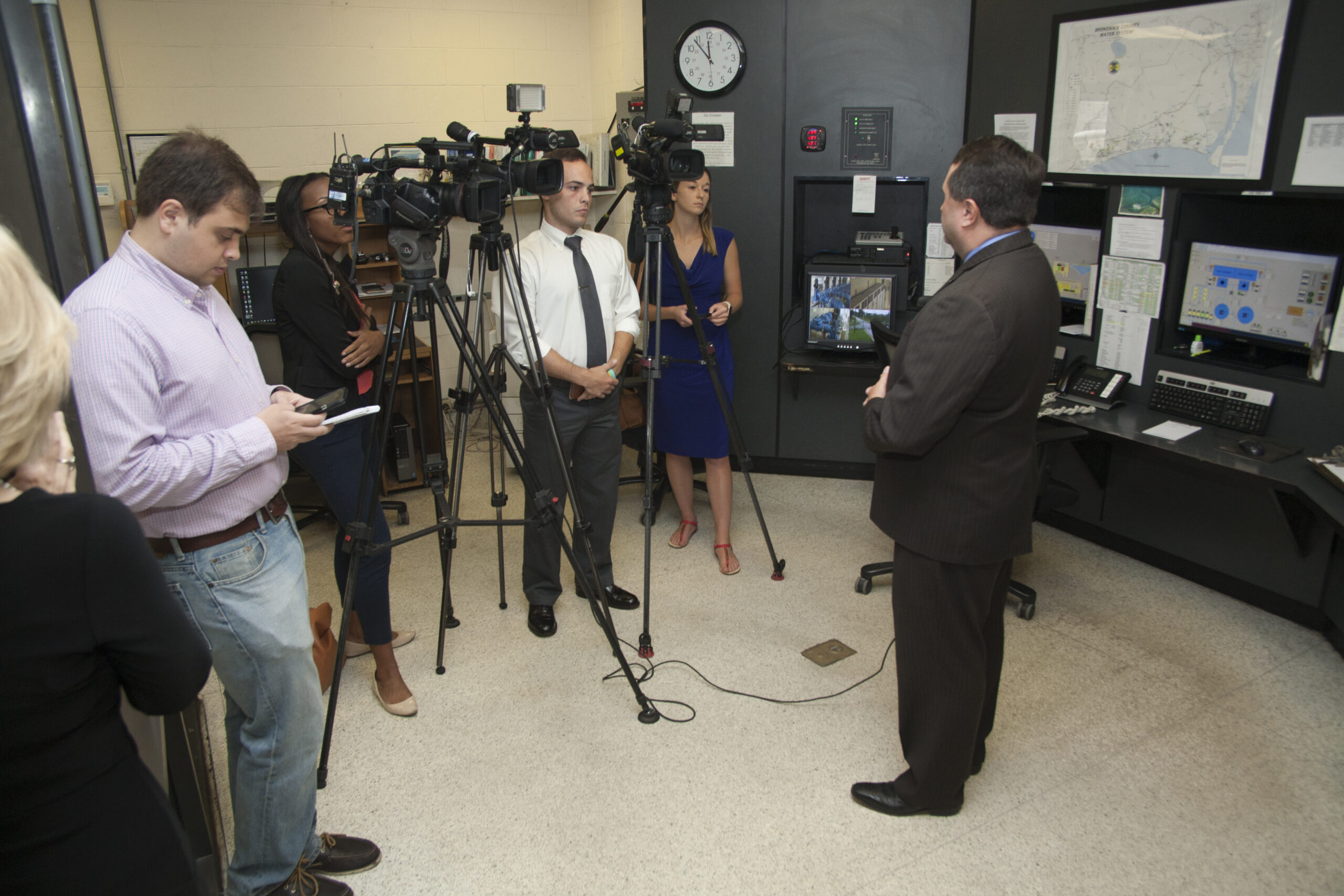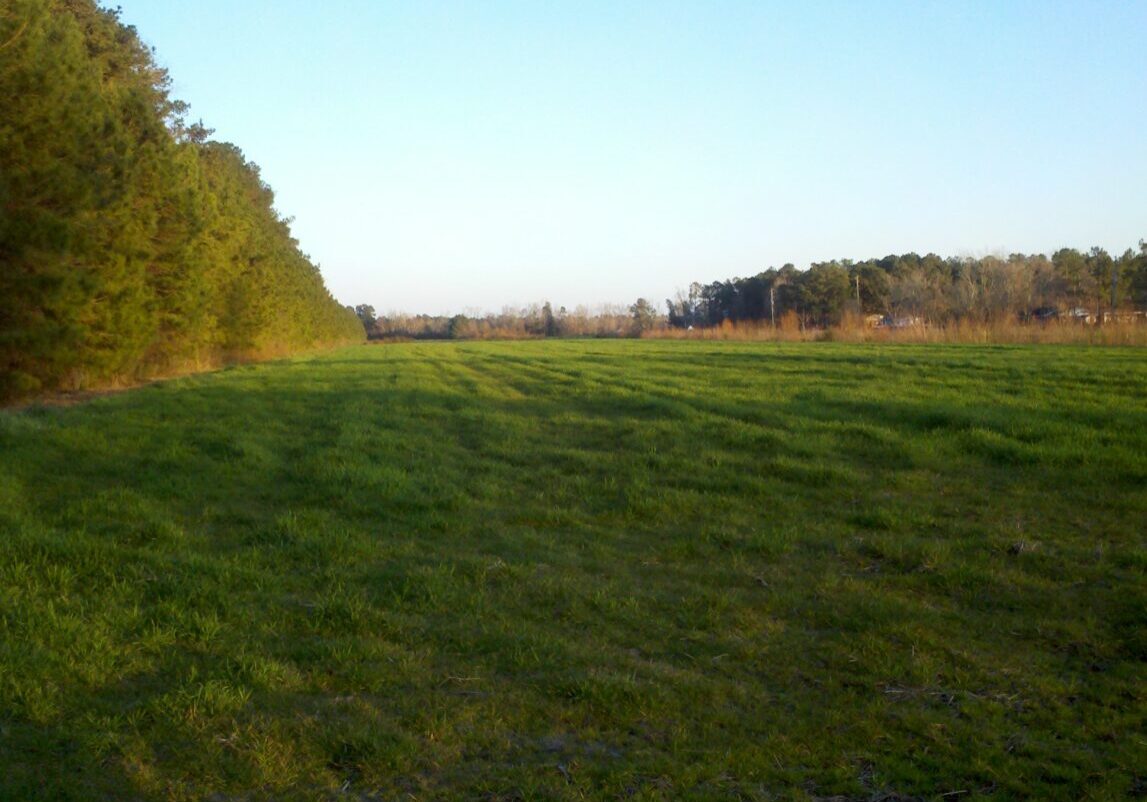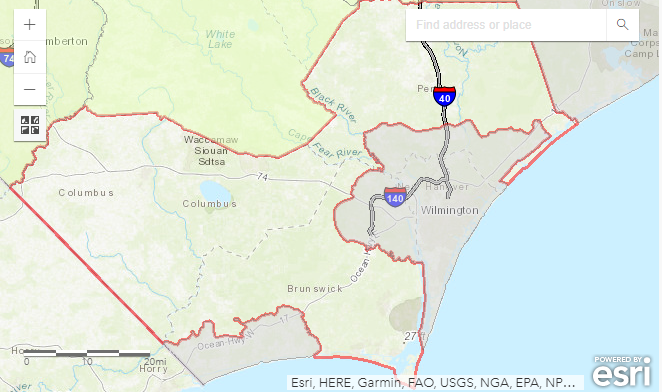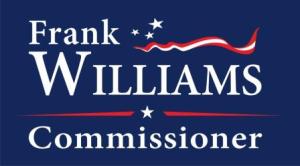A Balanced Approach to Managing Growth
"The road to bad public policy is often paved with the unintended consequences of good sounding but poorly vetted ideas. That is why we must adopt a thoughtful, methodical, balanced approach to updating and modernizing our development ordinances that is built on a cohesive vision, not a reactive approach that results in a patchwork quilt of incomprehensible regulations."
- Commissioner Frank Williams

Improving Infrastructure
✔ Voted to build advanced water treatment to remove contaminants
✔ Supports strategic expansion of County's water and sewer systems
✔ $1.2 BILLION in water and sewer projects underway or on the capital improvement plan
✔ Developers paid for more than $216 million in water and sewer infrastructure ($116 million since 2013); Click here to learn more.
Managing Growth
✔ Thoughtfully update development ordinances and stormwater policies without turning county government into a giant HOA
✔ Work with School Board to plan for future growth
✔ Improve housing affordability by encouraging diverse housing options
✔ Preserve Heritage trees
More details are included in the statement below.


Transportation & Roads
✔ Works with neighboring counties on two regional transportation planning committees (WMPO, Cape Fear RPO)
✔ Prioritized the 211 widening project as Chair of the Cape Fear Rural Transportation Advisory Committee; project is funded and under construction and is the largest transportation contract awarded in Brunswick County history
Cape Fear Memorial Bridge
✔ Supports replacing the Cape Fear Memorial Bridge with a new, fixed-span bridge that increases capacity
✔ Supports exploring all options to secure funding for timely replacement
✔ Believes a toll should be an absolute last resort

A Balanced Approach to Managing Growth
Brunswick County Commissioner Frank Williams released the following statement regarding the “Tree Standard Overview and Unified Development Ordinance Update” on the Brunswick County Board of Commissioners’ February 19, 2024 agenda:
“Managing growth is a major concern among citizens, and as a Brunswick County native who grew up in a very rural part of our County I understand and share their concerns. We can address some pressing issues in the short-term, and then complete a comprehensive review of our Unified Development Ordinance.
“The road to bad public policy is often paved with the unintended consequences of good sounding but poorly vetted ideas. That is why we must adopt a thoughtful, methodical, balanced approach to updating and modernizing our development ordinances that is built on a cohesive vision, not a reactive approach that results in a patchwork quilt of incomprehensible regulations.
“Brunswick County is a large, diverse County, and one size does not fit all. What works in St. James may not be suitable for Exum or Waccamaw. What works in Leland may not be suitable for Varnamtown. We must find the right balance between sensible regulations to manage our growth and, as one resident said to me this weekend, preventing the County ‘from acting like an HOA.’
“That is why we must ensure that we engage a broad base of community stakeholders throughout this process to ensure that the result is one that works for our entire County. Key stakeholders include agriculture groups such as Farm Bureau and the Voluntary Ag District, landowners, those engaged in the timber industry, economic development professionals, electric utility providers, homeowners’ organizations such as the Alliance of Brunswick County Property Owners Associations (ABCPOA), affordable housing advocates, and of course both developers and citizens who are concerned about over-development. While I suggested forming a stakeholder committee to staff many months ago, I am less concerned about the mechanism for gaining broad-based stakeholder input than about ensuring that it happens. [ADDITION: while a majority of the board of commissioners did not support formation of a committee, we are likely moving forward with securing an outside consultant to facilitate the ordinance updates; I will advocate to ensure that the consultant seeks broad-based input from community stakeholders to ensure that no one group is able to railroad their agenda.
“I have a number of ideas that I would suggest to staff, planning board, and consultant, including:
- Buffers for residential developments
- Appropriate buffers between residential development and agricultural or industrial development
- Ensuring that our development ordinances are aligned with our recently updated stormwater standards
- Ensuring that every development either has a funding mechanism and responsible party for maintenance in place when roads are constructed or builds subdivision roads to state standards and seeks to turn them over to the N.C. Department of Transportation
- Interconnectivity within major developments to limit the number of highway connections
- Developers contributing to the cost of stoplights and intersection improvements
- Reasonable steps to preserve heritage trees, with clear definitions of what is and is not a heritage tree
- Incentives for diverse housing options, including workforce housing
- Incentives for developers to preserve greenspace and include quality-of-life amenities in their communities
- Remember and respect the importance of private property rights throughout the process.
“Each and every idea, including these, that are considered by the planning board, planning staff, and any others needs to be well-vetted, and all regulations need to be clear and predictable for those who are seeking to abide by them.”
